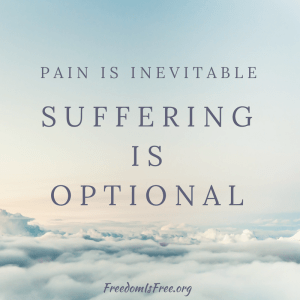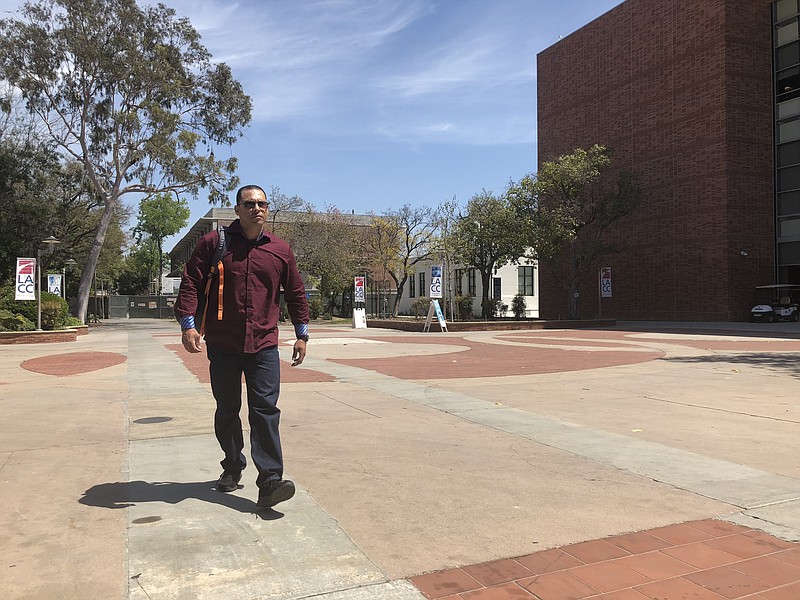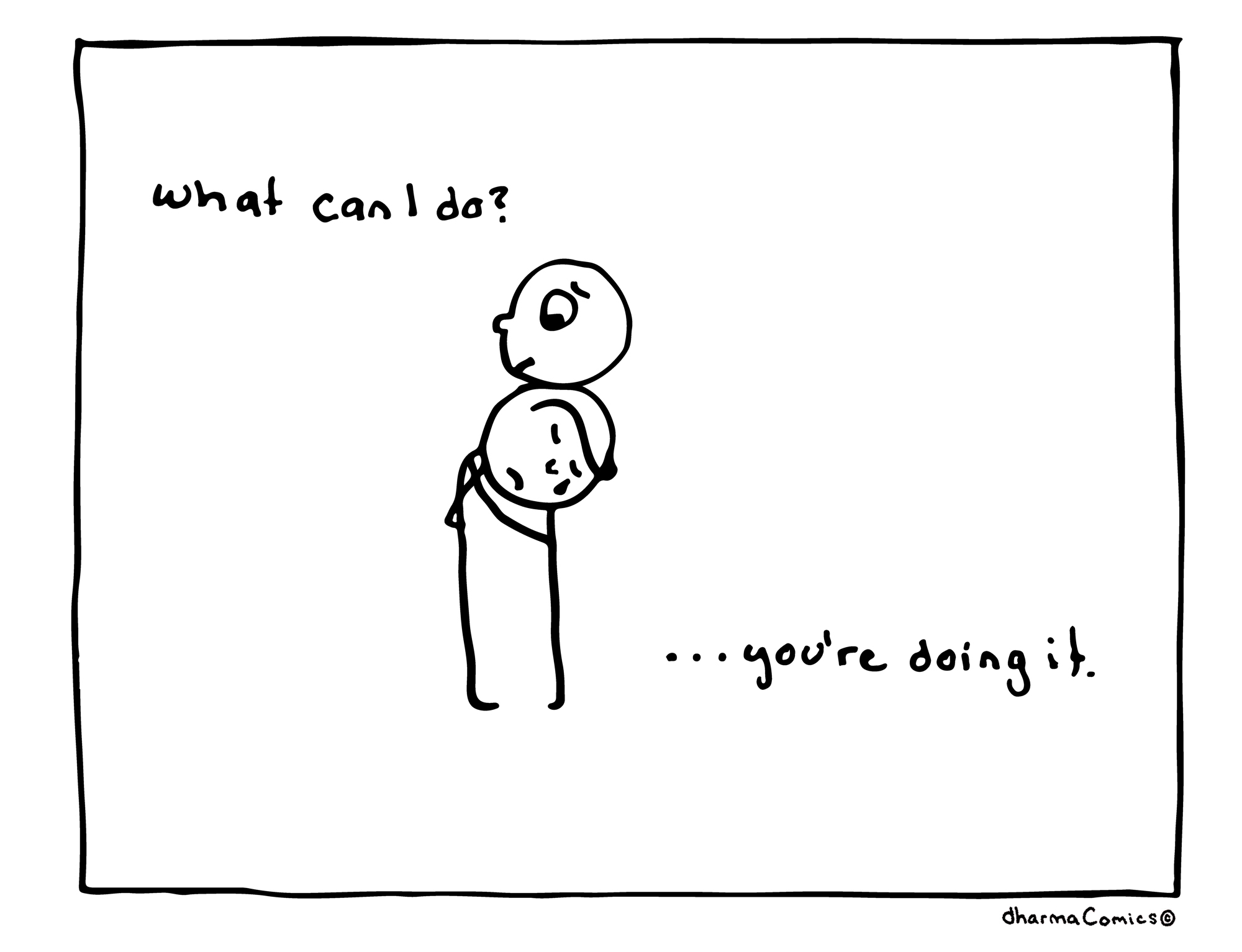b3418099-e9dd-49d0-9318-5af1731f770f.JPG
This past Saturday, I had the honor to give a TEDx talk entitled, “Violence to Peace: How Those at the Source of the Problem are also at the Heart of the Solution,” for TEDxNarbonne in France. I was so grateful to share the lessons that I have learned from the spectacular “men in blue” whom I have the honor of working with. The audience saw that they could be a powerful solution to our society’s cycle of violence and were transformed by the love expressed in the men’s transformations and by the other successes of our work together with the residents at Donovan. I wanted to take a moment to share some of these successes with you, our wonderful supporters, as well. Brilliance Inside was founded a little over one year ago now! And what a year at that! Reflecting from this milestone, I can see all of tremendous work we have put in to creating transformational programs inside Donovan prison. Here are just some of our successes:
We put on a second successful TEDxDonovanCorrectional! The residents tell us they engage, speak and even hug each other in the prison yard! It is a profound testament to the change that is taking place individually and collectively. Read more about these transformations here
We have recently selected four new residents out of over 70 applicants to take on roles as Core Team members for our TEDx program!
About 30 CEOs and business leaders have attended our programs and were mesmerized by the lessons learned in a mere three hours spent with the residents. In the words of Katy, one of the participants: “I figured I would go [to Donovan] and share a bit of my brilliant wisdom with folks who ‘had done wrong.’ … I learned I wasn’t afraid of visiting Donovan prison because of the inmates. I was afraid of learning something about myself and having to make a choice of being a better person.” Read more here
In response to requests from Donovan residents, we expanded our programming to include Conflict Resolution training, Stanford’s Compassion-Cultivation Training, and Nonviolent Communication training
We published our first video featuring some of the Donovan residents and their tremendous transformations. Listen to their lessons and insights here
Thanks to donors like you, Brilliance Inside continues to grow and to achieve amazing successes. As we continue our work, we wanted to take the time to thank you and to celebrate your support of our mission. We have big plans for our future, and we invite you to come along with us on this journey for the next year and for the years to come.



 After 18 years of incarceration, John Schimmel – a
After 18 years of incarceration, John Schimmel – a 